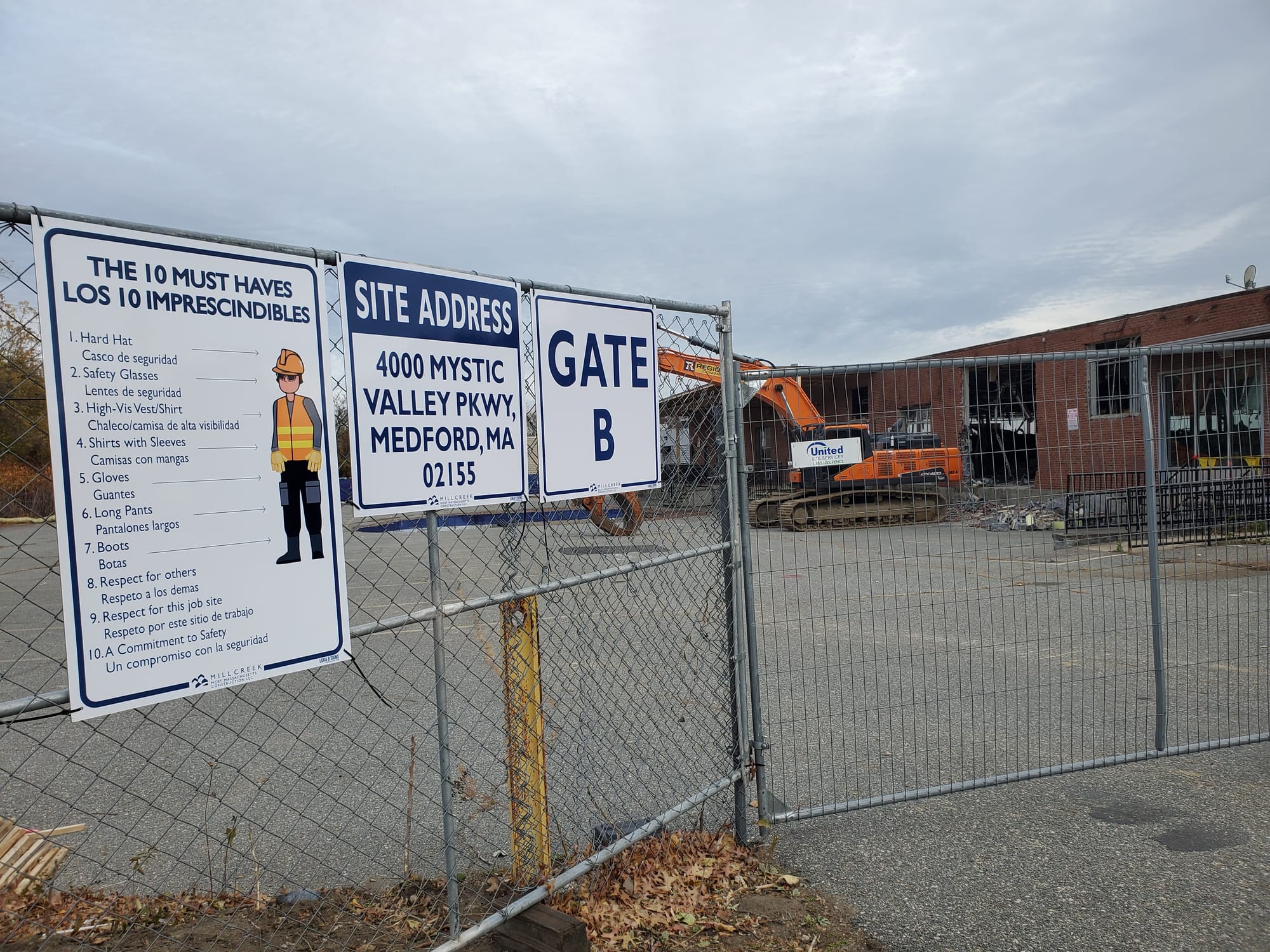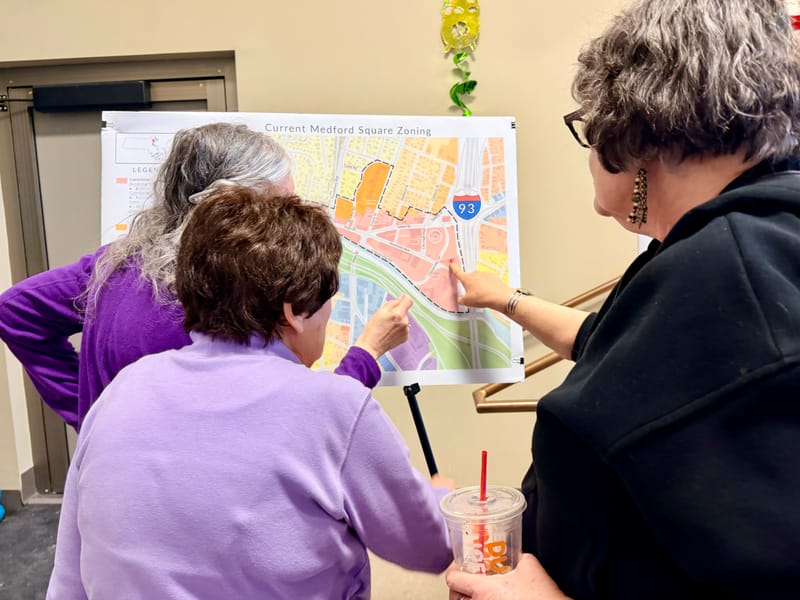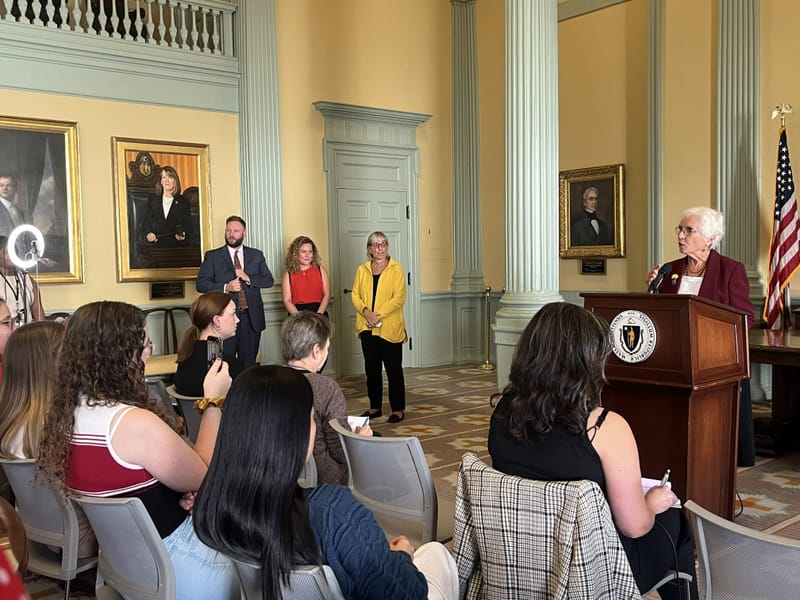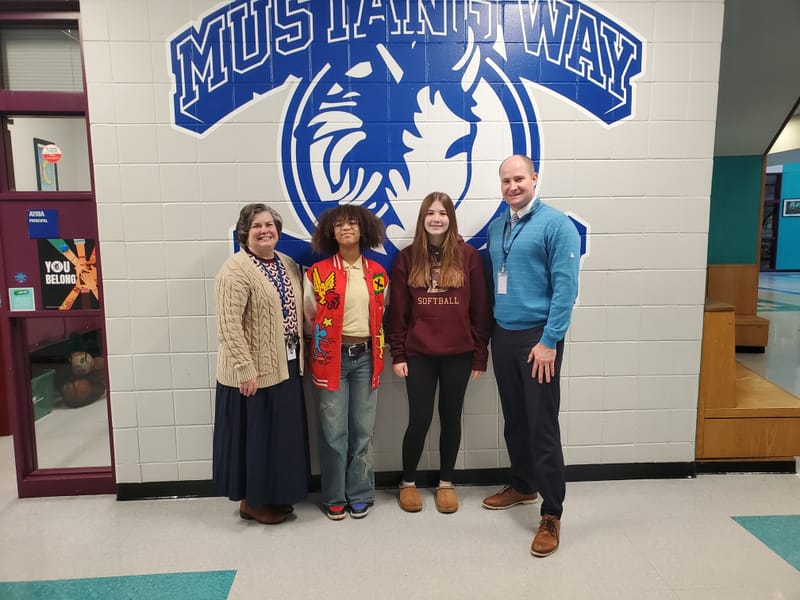Why have two Medford affordable housing projects been in the works since 2019?
In 2019, three developers proposed affordable housing projects. Nearly seven years later, construction has barely begun. Why?
Editor's note: This story has been updated. The following was removed: "Housing is considered affordable if it costs no more than 30% of the household’s income." That is how the federal government defines affordable. That is not how Massachusetts defines it under the state's 40B regulations.
By Daisy Levine
In 2019, three developers proposed building affordable housing projects that would add more than 1,000 apartments to Medford in the midst of a housing crisis.
Nearly seven years later, construction has barely begun on two of them, and the third has been withdrawn after what the city says were contentious meetings with the developer.
Gotta Know Medford’s review of the proposals, as well as interviews and emails with city officials, revealed the projects were held up by the city’s claim that it had protection from a state law that lets affordable housing projects bypass certain local regulations.
City officials “basically demanded, through the court process, a seat at the table” so they could negotiate amenities they wanted the project to include, such as green space and bike lanes, Mayor Breanna Lungo-Koehn said in an interview.
The city’s claim that it had “safe harbor” from the state law — which relied on a calculation of affordable housing stock in Medford that was ultimately ruled erroneously by a state board — took years to resolve.
Construction projects typically undergo local reviews to ensure they comply with zoning regulations before they’re built. But a state law known as Chapter 40B, the Comprehensive Permit Law, allows developers to forgo some local zoning regulations if less than 10% of the housing in town is considered affordable or if less than 1.5% of a community’s total land area zoned for residential, commercial or industrial contains affordable housing.
Three developers proposed 40B housing projects in Medford in 2019.
The Davis Companies met with Medford city officials on Jan. 15, 2019, about a planned development at 970 Fellsway, a former box factory. The project would create 278 apartments.
Davis filed an application for funding to the state subsidizing agency, MassHousing, in November of that year.
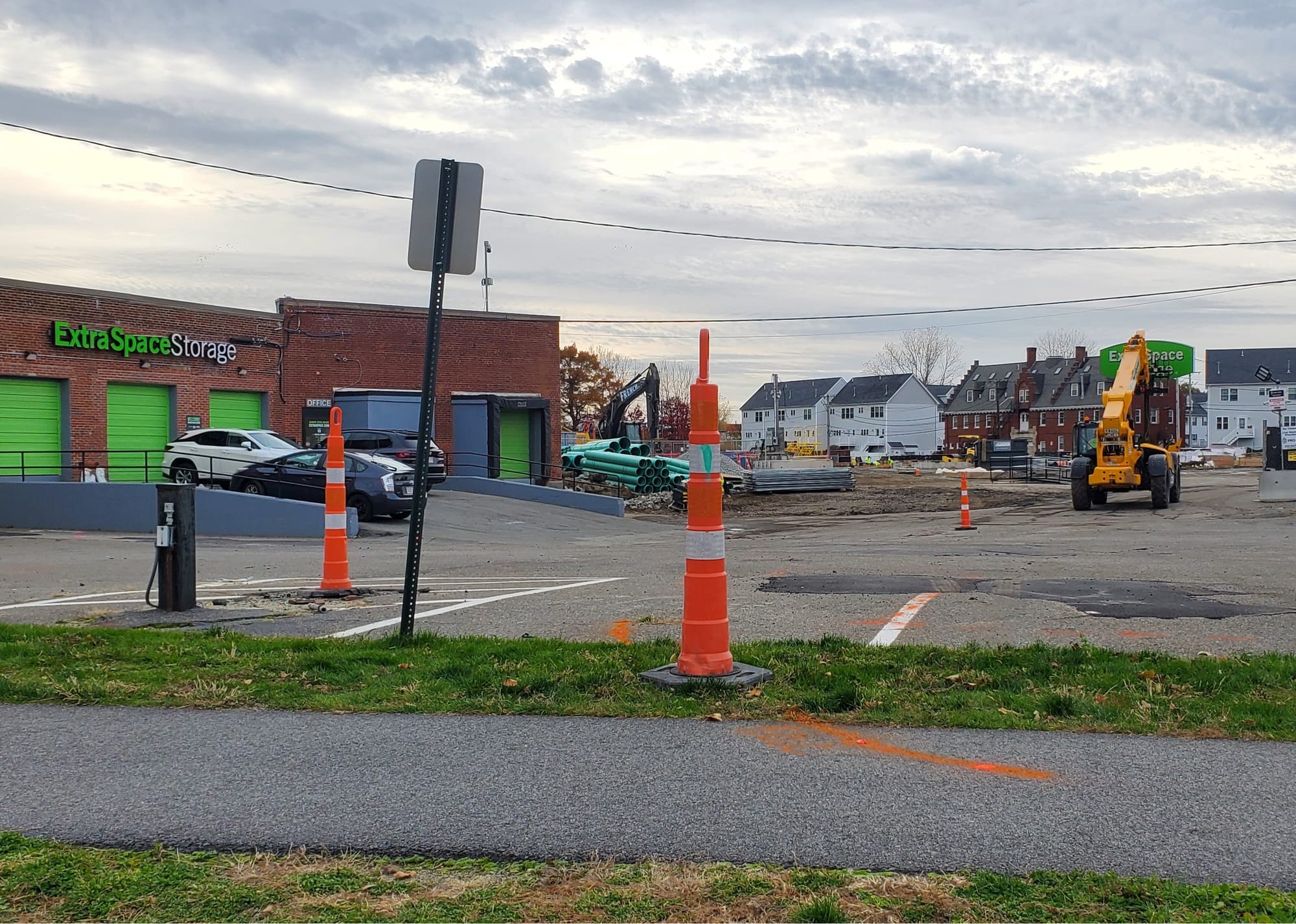
Mill Creek Residential hand-delivered a letter to MassHousing on July 30, 2019, for a project at 4000 Mystic Valley Parkway that would create 400 housing units, according to its permit application.
Combined Properties proposed 378 apartments at 280 Mystic Ave. in 2019, but has since withdrawn its application, according to the city.
None of the three developers would speak with Gotta Know Medford for this story, nor would MassHousing.
Medford’s zoning board rejected all three projects.
“It wasn’t that we [the zoning board] didn’t want the housing,” Lungo-Koehn said. A 40B project is “only allowed if you have under 10% affordable housing,” she said, “[and] we had more.”
The mayor said the city rejected the projects not because it didn’t want more affordable housing, but because it wanted a say in how the projects were built and what “community benefits” they included.
The developers challenged the city’s numbers. In October 2020, Davis and Mill Creek filed a joint motion to the state’s Department of Housing and Community Development saying they believed Medford was ineligible for safe harbor status.
The DHCD ruled in favor of the developers. The Medford zoning board appealed that ruling to the Massachusetts Housing Appeals Committee in October 2023.
The developers made their own calculations to counter Medford’s claim that more than 10% of its housing was affordable, and the Housing Appeals Committee could not find proof that the city met the housing minimums and denied it safe harbor status.
A year later, Combined Properties challenged the city on the same grounds over its proposal for 280 Mystic Ave. The DHCD ruled in the developer’s favor, Medford appealed, and the Housing Appeals Committee issued the same ruling: “The undisputed facts show that the City of Medford has not achieved the general land area minimum safe harbor.”
After the Housing Appeals Committee ruling, the Medford zoning board approved the Mystic Valley Parkway and Fellway projects and issued building permits this summer. Both are now in the early stages of construction. The proposal for Mystic Avenue has been withdrawn.
Gotta Know Medford spent weeks trying to get an explanation from city officials about why the projects have taken so long. City spokesperson Steve Smirti eventually provided a written statement from Lungo-Koehn saying the city had been negotiating with the developers to get the community benefits it wanted.
Alicia Hunt, Medford’s director of planning, development and sustainability, provided a statement by email blaming the developers for taking too long.
“It wasn’t that the city delayed GIVING the permits,” she wrote. “The Applicants took a long time APPLYING for the building permits.”
Hunt also placed some of the responsibility on the state, citing the Massachusetts Environmental Policy Act, or MEPA, an environmental review process that she said can take as long as 18 months.
But Tara Smith, press secretary for the Massachusetts Executive Office of Housing and Livable Communities (formerly DHCD), said, however, that the state couldn’t be entirely responsible for a project taking that long: “That [MEPA] wouldn’t explain going back to 2019.”
At a press conference in September at 970 Fellsway, Gov. Maura Healey said she wants to streamline some of these regulations to fast-track housing development.
“This is about cutting red tape,” Healey said, which would speed up review times from a year down to 30 days for housing projects across the state.
None of the Medford officials cited the long dispute over the city’s safe harbor claim as a reason for the projects’ delays.
“At the time (2020/21) the City believed it qualified for Safe Harbor status and went to court to defend that designation,” Smirti wrote in an email to Gotta Know Medford. “The state ultimately ruled against the City, so negotiations renewed with these developers.”
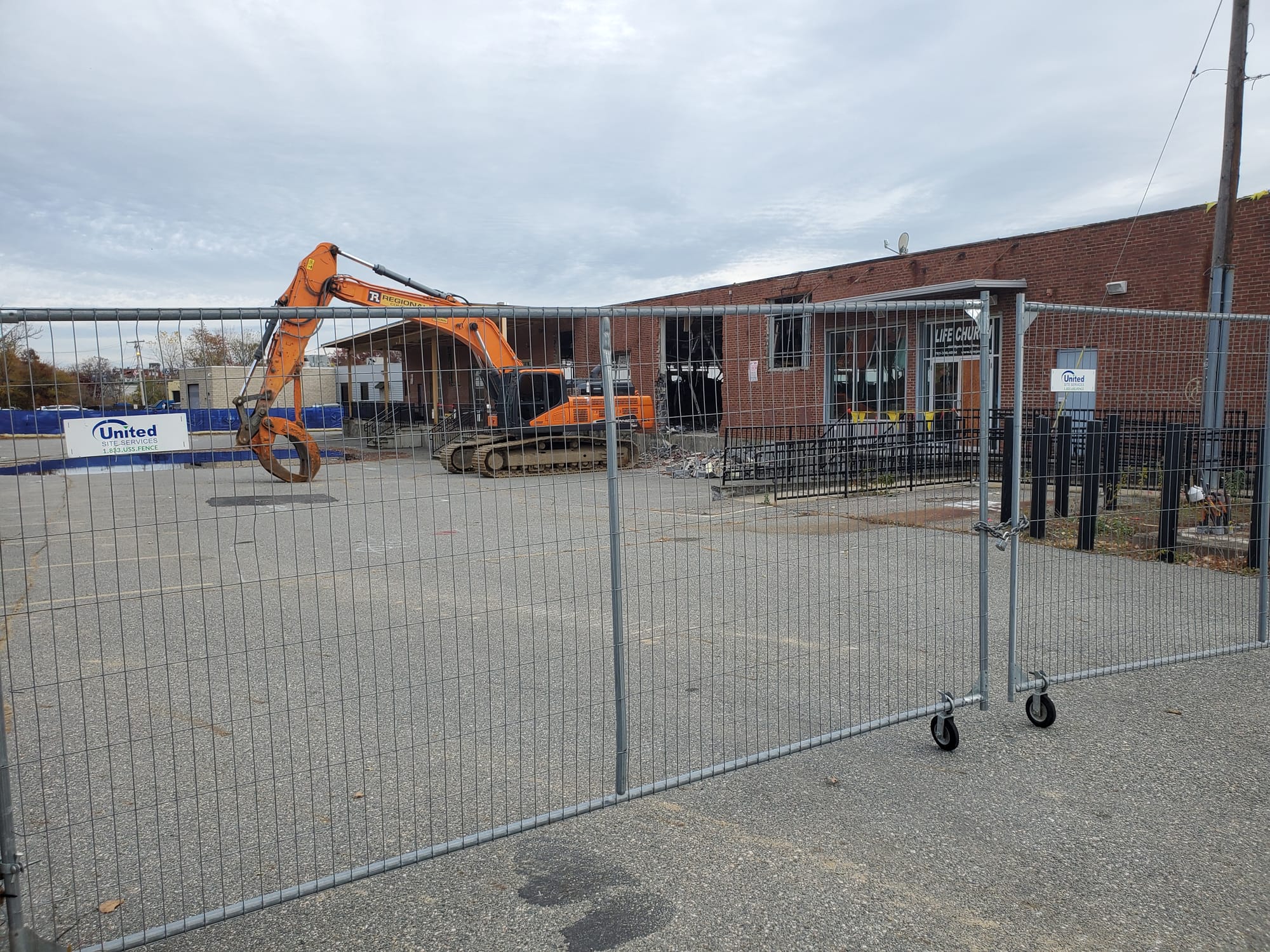
Roberta Cameron, a local housing advocate, said she is concerned about the state of affordable housing in Medford.
“I’ve talked with many people. The problems are growing more intense,” said Cameron, who volunteers with Housing Medford, a group of affordable housing activists. “Medford has been very slow to enact policies that address affordable housing needs.”
Cameron posts items about affordable housing anecdotes daily on Housing Medford’s Facebook page, in hopes that any anecdote — good or bad — will lead to change.
“We need more housing,” she said. “We need to make housing more affordable, and we need more consumer protection to support both homeowners and renters who are trying to live in the homes in Medford, and we need to do all of those things at the same time.”
Daisy Levine is a journalism student at Boston University. This story is part of a partnership between Gotta Know Medford and the Boston University Department of Journalism.

